
Breakdown of a Marriage Due to a Parent-in-Law’s Extreme Maltreatment
February 9, 2024
Your boss swears loudly in a conversation
April 16, 2024How to Get an International Divorce in Korea
Part V: Child Custody and Related Issues
1.Introduction
In this fifth part of the series, “How to Get an International Divorce in Korea”, I’m discussing child custody and related issues. In divorce proceedings, disagreement frequently arises over parental authority, child custody, child support and visitation right.
2. Parental Authority and Child Custody
First of all, it is needed to clearly understand the two words; parental authority and child custody.
Parental authority means the rights and obligations of a parent to protect and educate a minor child as his or her parent. The contents of parental authority include protection, education, residence, and discipline in relation to the child’s identity, and property management, it also includes representation in legal affairs of the child’s property. If the legal parents of a minor are married, parental rights are jointly exercised by the parents.
Child custody is the right to have a minor child under the care to upbring and educate the child. And it can be referred to as physical custody.
3. Who Will Have Parental Authority and Child Custody
When the family court decides who shall have parental authority and child custody, the child’s welfare is the most important factor considered. Also, who currently cares for the child and who the child feels closer to are taken into account. Additionally, each parent’s financial ability is considered. If the child is 13 or older, the child’s opinion shall be heard by the judge.
In order to check parenting environment, the family court may appoint a family investigator. A family investigator visits each parent’s house and see whether the environment is suitable for raising the child. Also, the child’s grandparent may be interviewed as well as each parent.
The family court usually gives sole parental authority and sole child custody to one parent. It is possible for both parents have shared parental authority and child custody, which is extremely rare the case.
4. Child Support
Non-custodial parent shall pay child support each month until the child reaches the age of majority.
Let me explain how the amount of child support is determined. The family court sets a standard amount of child support based on the child’s age and the parents’ total income, reduces or increases the amount based on specific circumstances, and determines a sharing percentage based on each percentage of each parent’s income to calculate the amount of child support that the noncustodial parent shall pay to the custodial parent.
The following table is a guideline for calculating the amount of child support.

For the purposes of this table, combined income is the total net income of both parents, including all income from labor, business, real estate rental, interest, government grants, pensions, etc.
When determining the amount of child support, the parents’ financial situation, where they live, the number of children, expensive medical and educational expenses are considered.
The percentage of each parent’s income determines the percentage of child support, which in turn decides the final amount of child support.
A non-custodial parent may be fined or detained if he or she does not pay child support.
5. Visitation Rights
A non-custodial parent shall have the visitation right according to Civil Act. The schedules of parenting time can be determined based on mutual agreement of both parents. However, if there is disagreement between both parents, the family court will decide on the manner and schedules of the non-custodial visitation. Usually, a non-custodial parent has parenting time on weekends, biweekly. If one of the parents leave Korea, the child will need to move between countries. In that case, who will pay the travel expenses shall be also determined to prevent disputes in the future.
6. Closing
Today, I have explained parental authority, child custody, child support and visitation right. If you have further inquiries, please contact me via email. Thank you!
Related posts
Blog Articles
Contact Information
201, 160, Seochojungang-ro, Seocho-gu, Seoul, Republic of korea.
Phone: +82-2-535-1235
Mobile: 010 5349 1235
Fax: +82-2-536-1236
Email: [email protected]









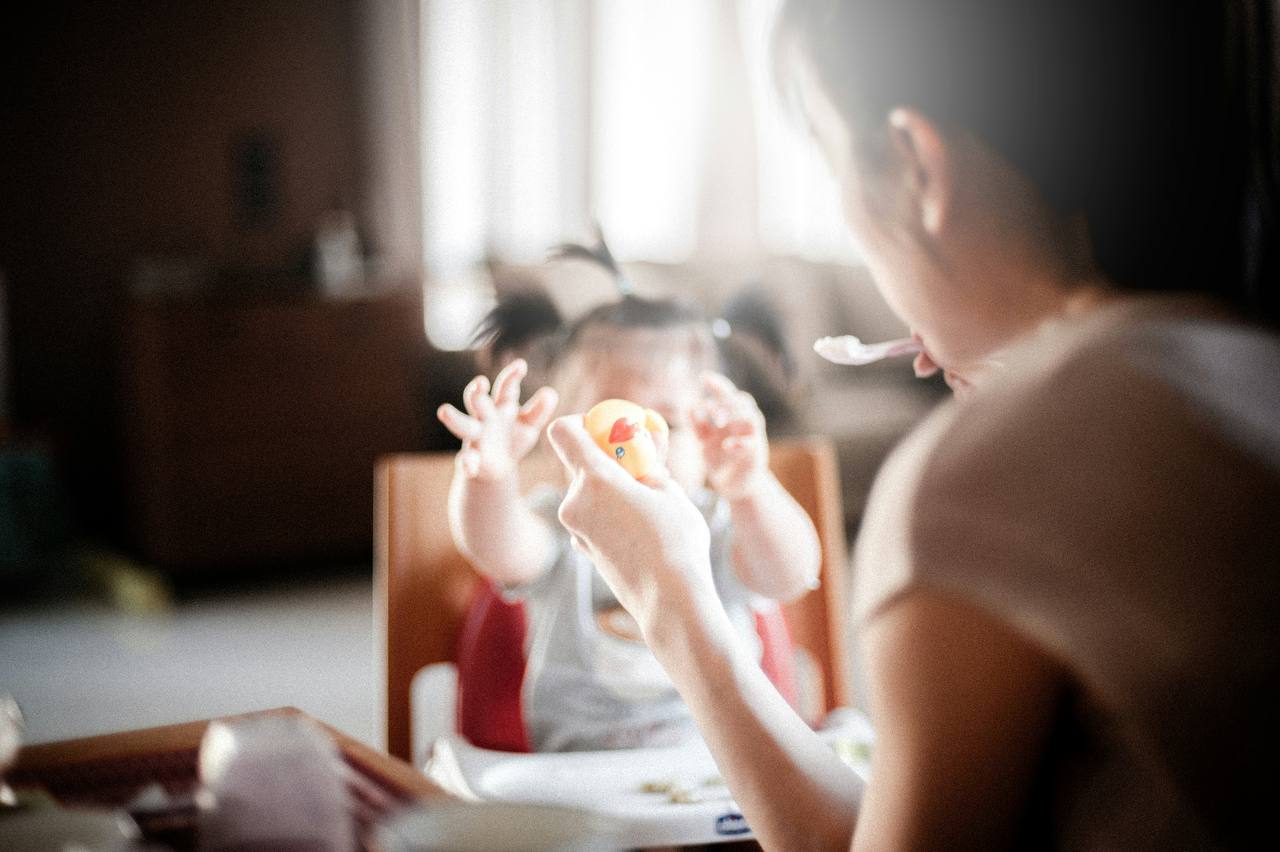























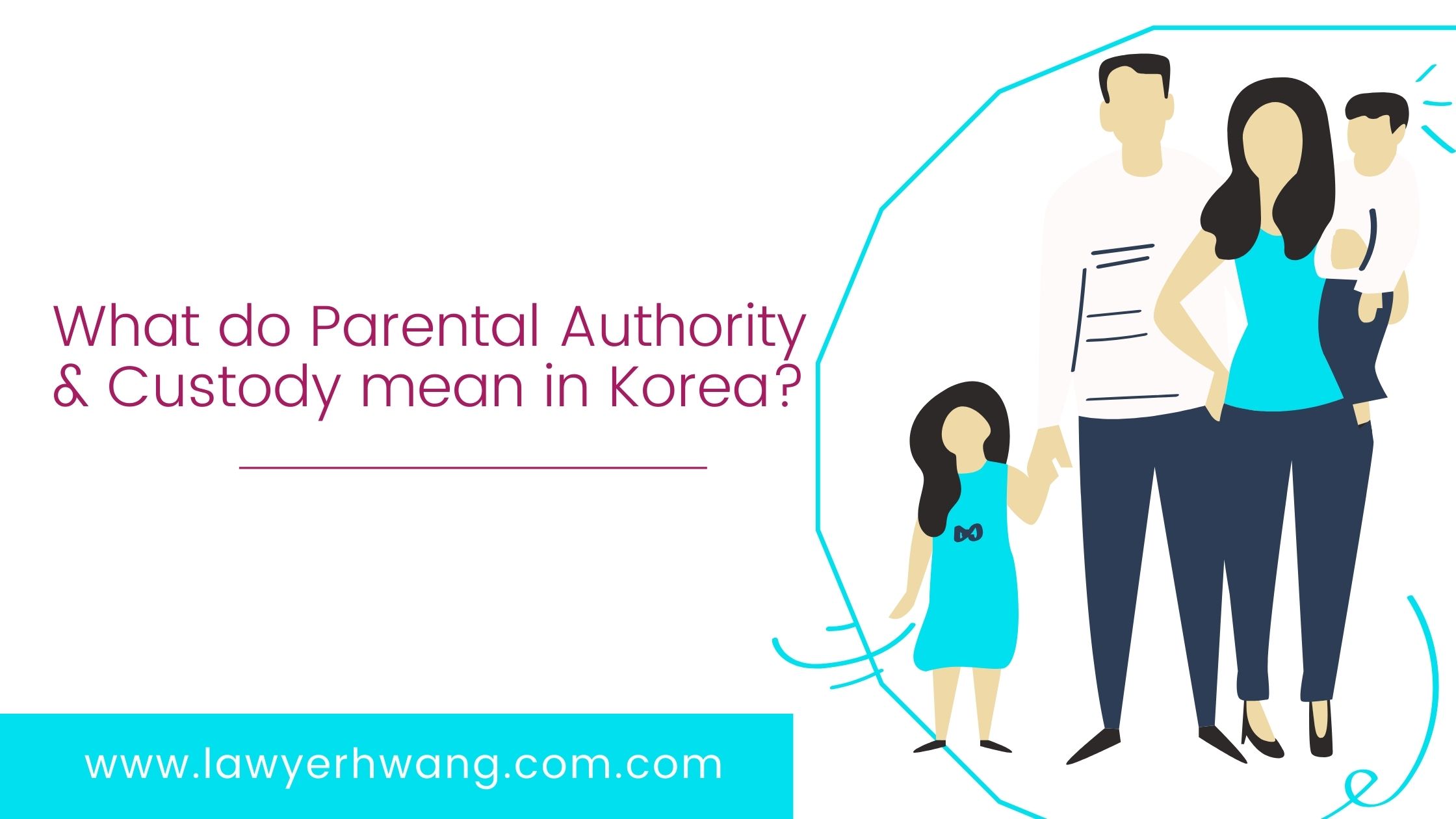



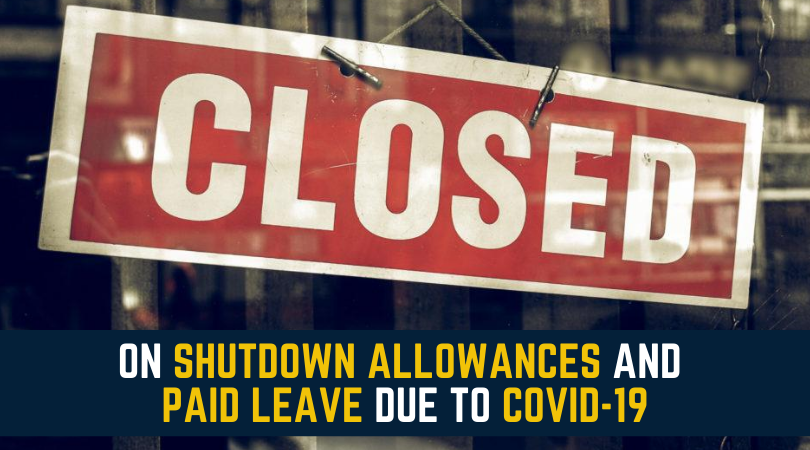
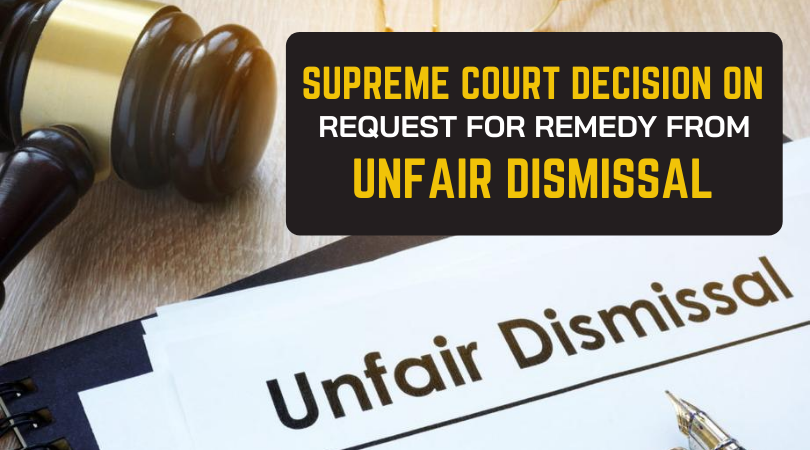
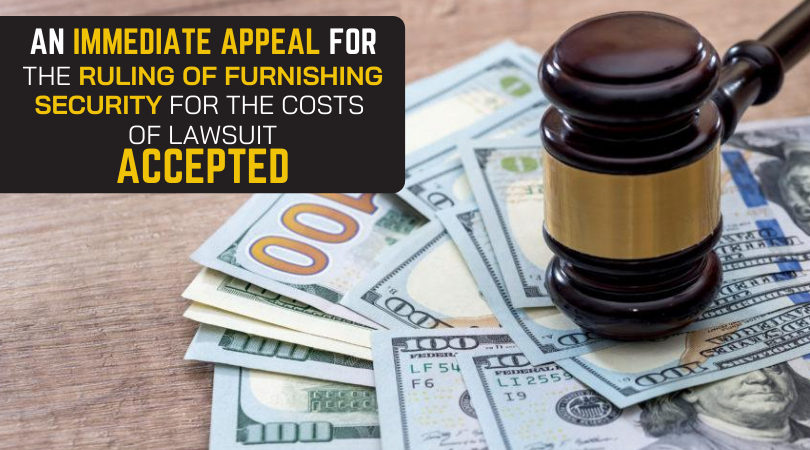

![[Supreme Court Decision – Criminal Law] – On Intent of Defamation](https://lawyerhwang.com/wp-content/uploads/2020/03/Supreme-Court-Decision-–-Criminal-Law-–-On-Intent-of-Defamation.png)
![[Supreme Court Decision – Criminal Law] – On Uploading a “Torrent File” of Obscene Videos](https://lawyerhwang.com/wp-content/uploads/2020/03/Supreme-Court-Decision-–-Criminal-Law-On-Uploading-a-“Torrent-File”-of-Obscene-Videos.png)






























